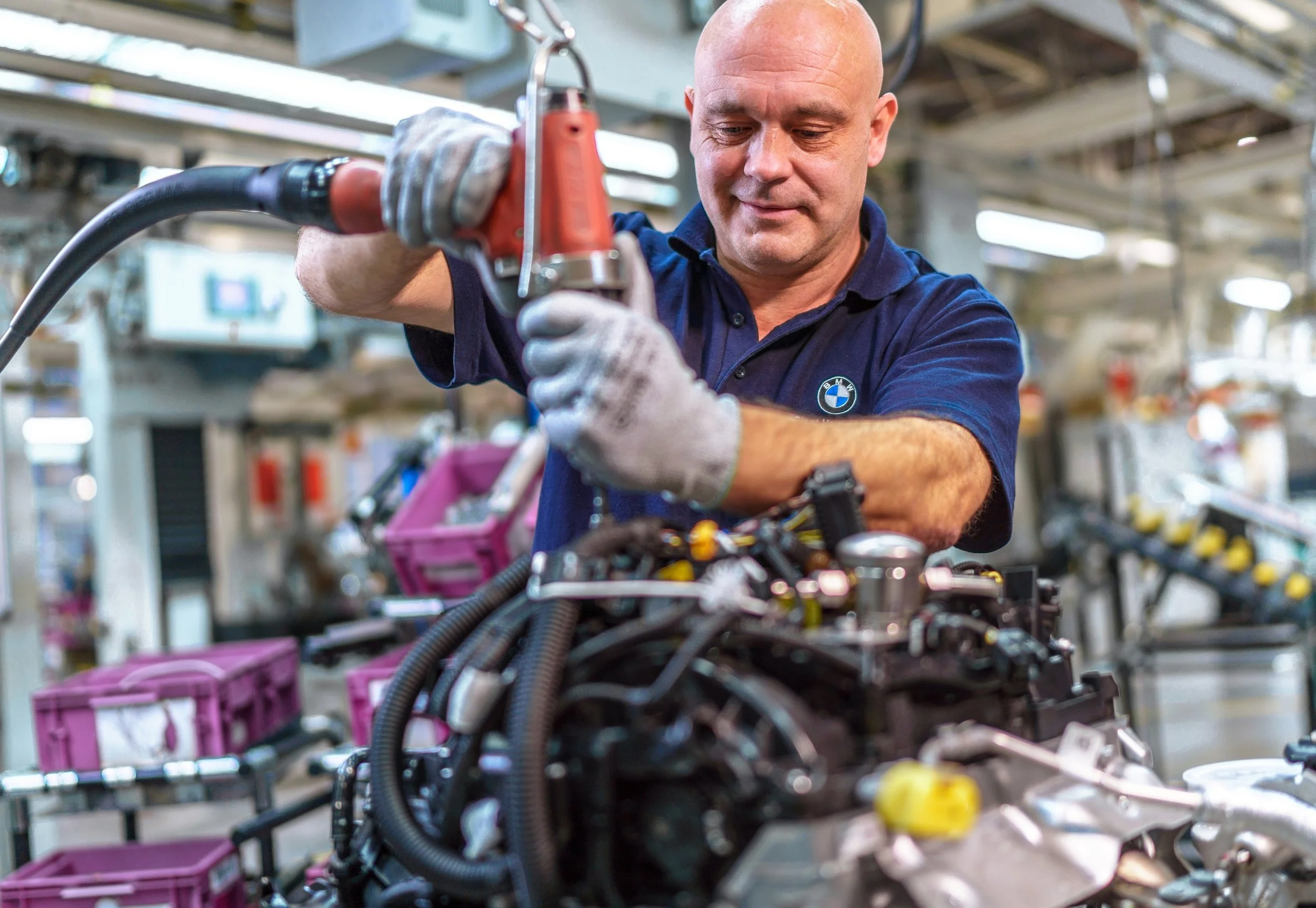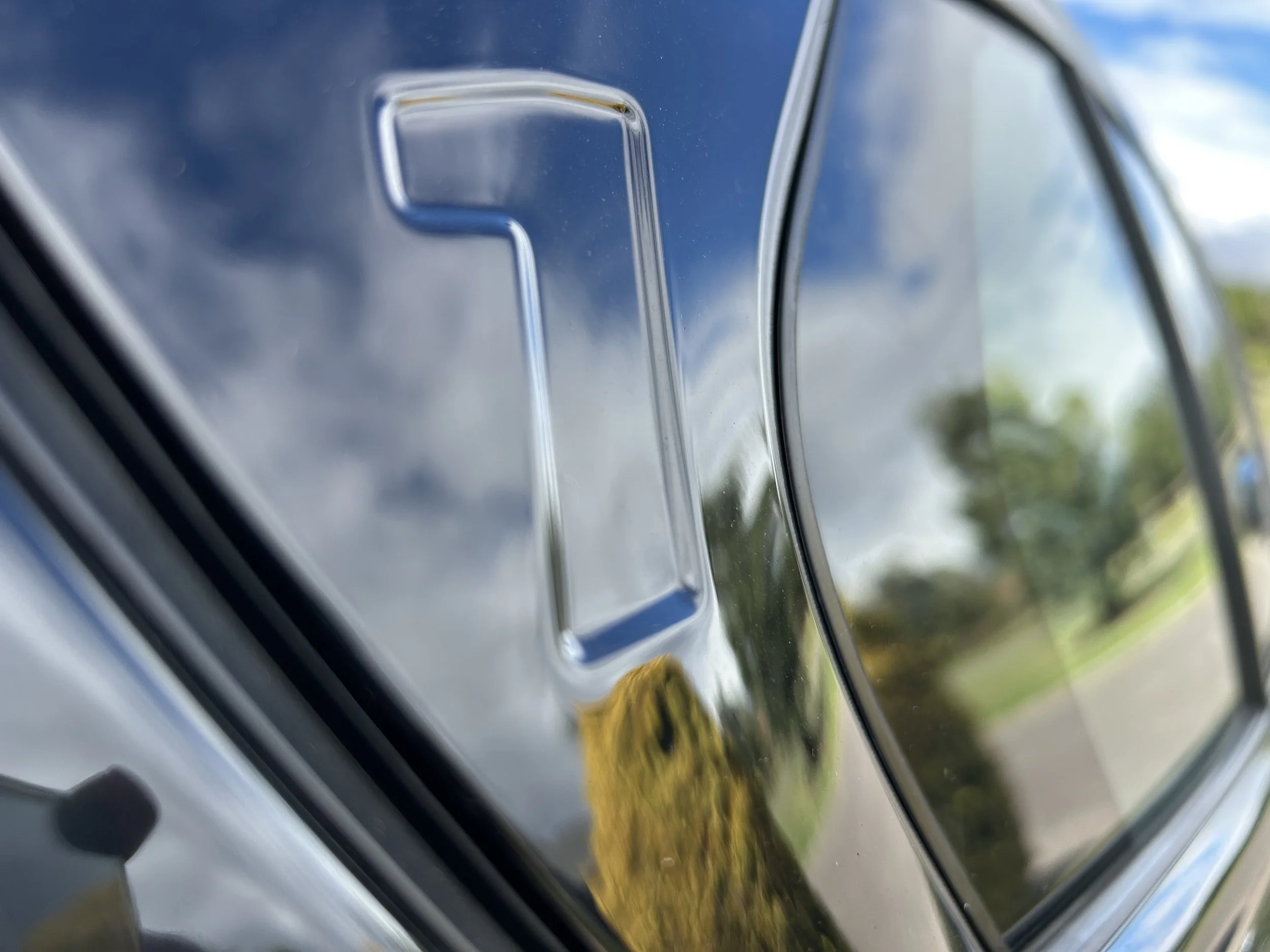Trump tariff hit inevitable but not immediate
/What likelihood of Liberation Day impact causing sting in your ‘Stang?
SOURCING of some new vehicles presently made in North America might in time switch to other global locations and some products might ultimately be pulled.
That view is expressed by the Motor Industry Association, which represents most new vehicle distributors, in respect to the ‘Liberation Day’ call by US president Donald Trump to effect a 25 percent tariff on all cars, light trucks and vehicle parts imported into the US.
Expectation voiced by some experts about a global ripple effect is accepted.
“It will be a global volume risk, not just to NZ but many other countries too,” says MIA chief executive Aimee Wiley.
Analysts predict the move will push the price of new vehicles up considerably for consumers by increasing operating cost by billions for US car manufacturers. Potential of a knock-on effect around the world as it reshapes supply lines and impacts Europe, South Korean and Japanese car businesses is also probable.
Will increased costs push up prices elsewhere, including on US-made vehicles sold here?
In the immediate future “we don’t expect any NZ new vehicle market disruption in terms of price increases to new vehicles as a result of USA tariffs” Wiley says.
Nonetheless “I expect, in the coming months to see some product sourcing changes as well as the possibility of some models disappearing.”
Some BMWs, Jeeps, the V8 Ford Mustang and Chevrolet Corvette sports cars, the Cadillac Lyriq electric, the Toyota Highlander and the Nissan Pathfinder medium sports utilities and the large Mercedes Benz GLS come to NZ from the US.
RAM and Chevrolet Silverado full-sized utilities are shipped fully built up from the US to Australia, rebuilt in right hand drive then shipped here.
Included among vehicles coming here from Mexico are the Mustang Mach-E electric, an Audi and a Mercedes Benz.
Vehicles built in the US itself comprise three percent of the total annual volume of new cars, Wiley says.
“A small proportion of our new vehicle imports come from USA … I expect the supply of vehicles (country of origin) to change rather than price of vehicles in our market.”
Implemented to protect the US domestic industry and encourage other car makers to build there, the tariffs are nonetheless expected to elevate the price of cars in America, causing production to fall - because fewer Americans will be able to afford them.
The probability that the cost to produce cars at US factories will increase is also inevitable, experts say, because a significant percentage of the parts used to manufacture the 10.2 million cars built at American plants annually are imported from other countries.
Conjecture from the US is that the parts tariffs alone could increase production costs by $US3000 ($NZ5200) to more than $US12,000 ($NZ20,000) per vehicle for cars assembled at US plants.
Wiley says the car industry is flexible; those makes that are able to shift sourcing arrangements might well chose to.
“It is my opinion that supply chain shifts and changes are likely, from those manufacturers who are able to do so.
“Such changes will be necessary in order for those products to be competitive, because otherwise market share will be lost,” she contends.
“We are a price sensitive market, with many brands competing for their share.
“It’s pure economics, vehicle pricing needs to be competitive or the offering needs to change.”


















